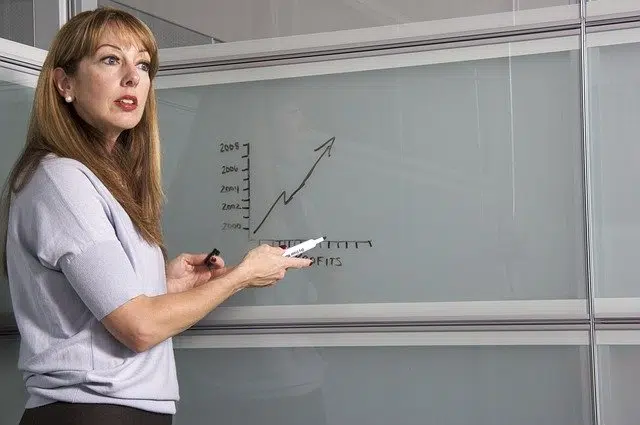
The role of the teacher is in full evolution
A teacher is an individual who is dedicated to teaching an art or a science . The term comes from the Latin word professor .
Professional teaching
The meaning of teacher presented by the Royal Spanish Academy ( RAE ) makes the concept synonymous with teacher . However, it is common for the idea of teacher to be used specifically for someone who teaches in the field of primary education, although it depends on the context and the region. It can be stated, on the other hand, that both professors and teachers are teachers .
A teacher, in short, is someone dedicated to teaching at a professional level . Their job is to transmit knowledge and techniques , favoring the student's learning process.
The role of the teacher
There are different ways of understanding the teacher's task, which have even changed over the years. Nowadays it is usually held that the teacher should be a kind of tutor or guide who promotes active participation of the student when constructing knowledge .
In this sense, the teacher is responsible for promoting the autonomy of the learner, helping him or her to take advantage of his or her own resources. Beyond academics, the teacher also has a social responsibility linked to ethical values .
Until not long ago, the role of the teacher was understood as that of an army commander, who had the right to keep his entire class silent while he explained the content in a rigid manner, and then evaluate his students' retention capacity. in strict exams. Little by little the educational system has been evolving, to give students greater participation and bring the position of the teacher closer to the Earth, as another imperfect living being, which also has a lot to learn.
To ensure that each student gives their best, the teacher must know them all individually , starting from the acceptance of their diversity and the value that this entails. More traditional schools simply distinguish between "good" and "bad" students, with the former being those capable of achieving high grades and remaining silent during lessons. Today, however, it is recommended to understand each person as a unique being and find the best way to teach them.
Online teachers
The massification of the Internet and the possibilities offered by social networks, particularly YouTube , have led to the emergence of millions of online courses. From languages to piano, today it is possible to learn almost any discipline over the phone.
The online teacher has challenges that do not exist in a physical class, and that is why they must learn to overcome them to enhance the quality of their courses. For example, the number of students following your lessons can number in the thousands or more, depending on your popularity. Furthermore, this number constantly grows for the videos that remain stored in the database.
Except in the case of live classes, the online teacher does not deal directly with his students. This is a step back in terms of personalization; You cannot know each student and adapt your content to their particular needs, so you run the risk of returning to the rigidity of yesteryear. However, through complementary interactive resources and friendly language, you can reach different individuals without leaving anyone out.

Today teachers can teach their classes online
Beyond teaching
On the other hand, it is common for the teacher not only to teach, but also to perform other functions. One of the frequent tasks is research , with which teachers become researchers and share their findings or theories through publications.
Teachers can also train new teachers and fulfill a managerial role in an educational establishment, assuming organizational and management obligations.
